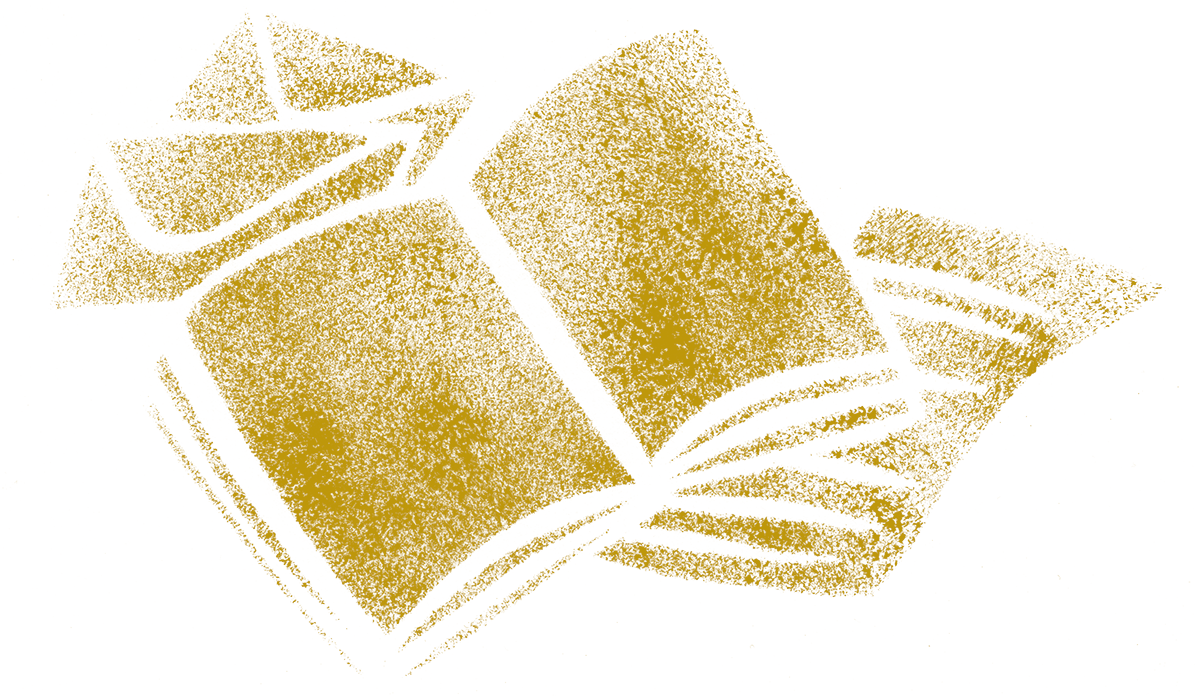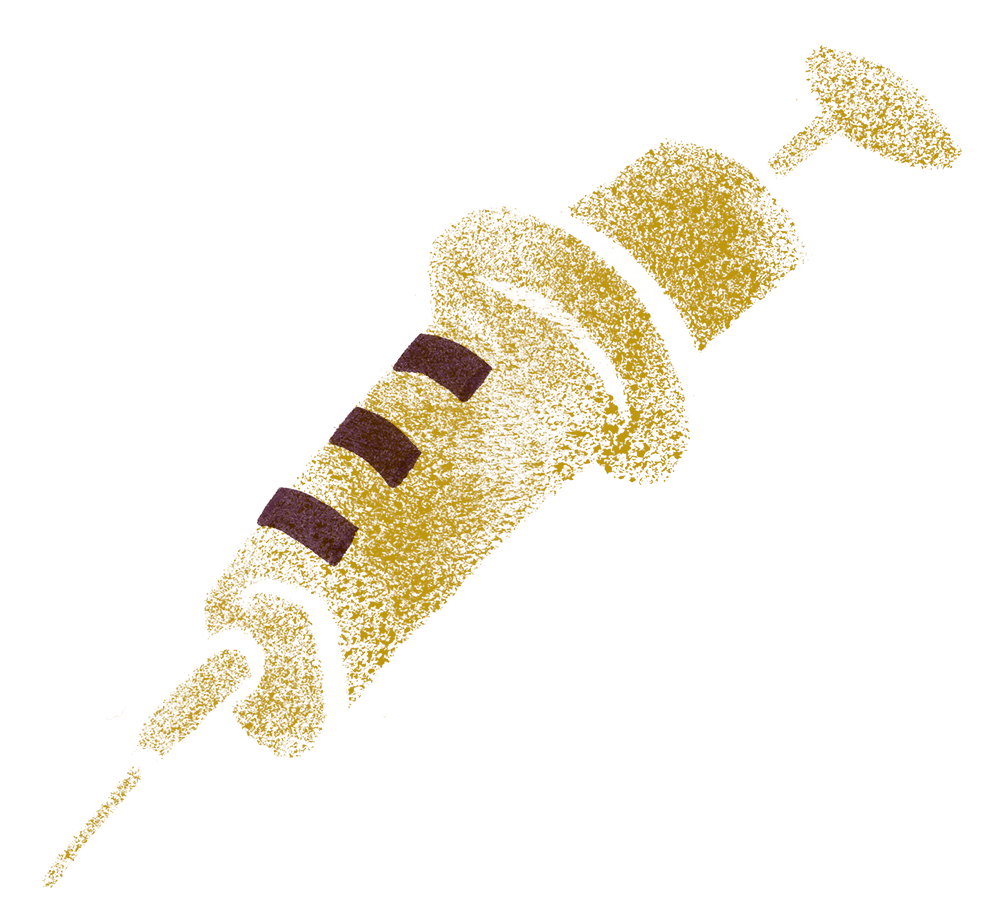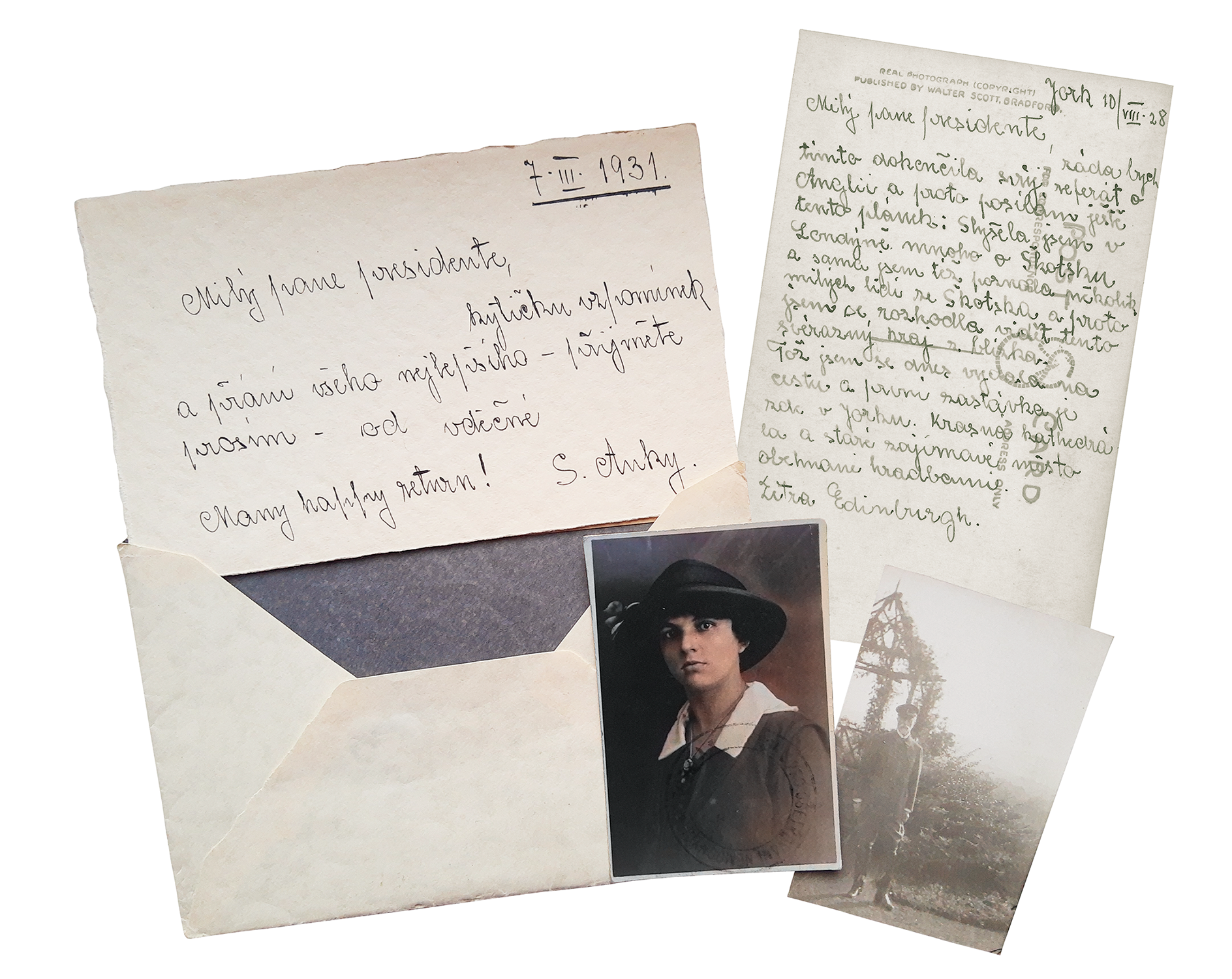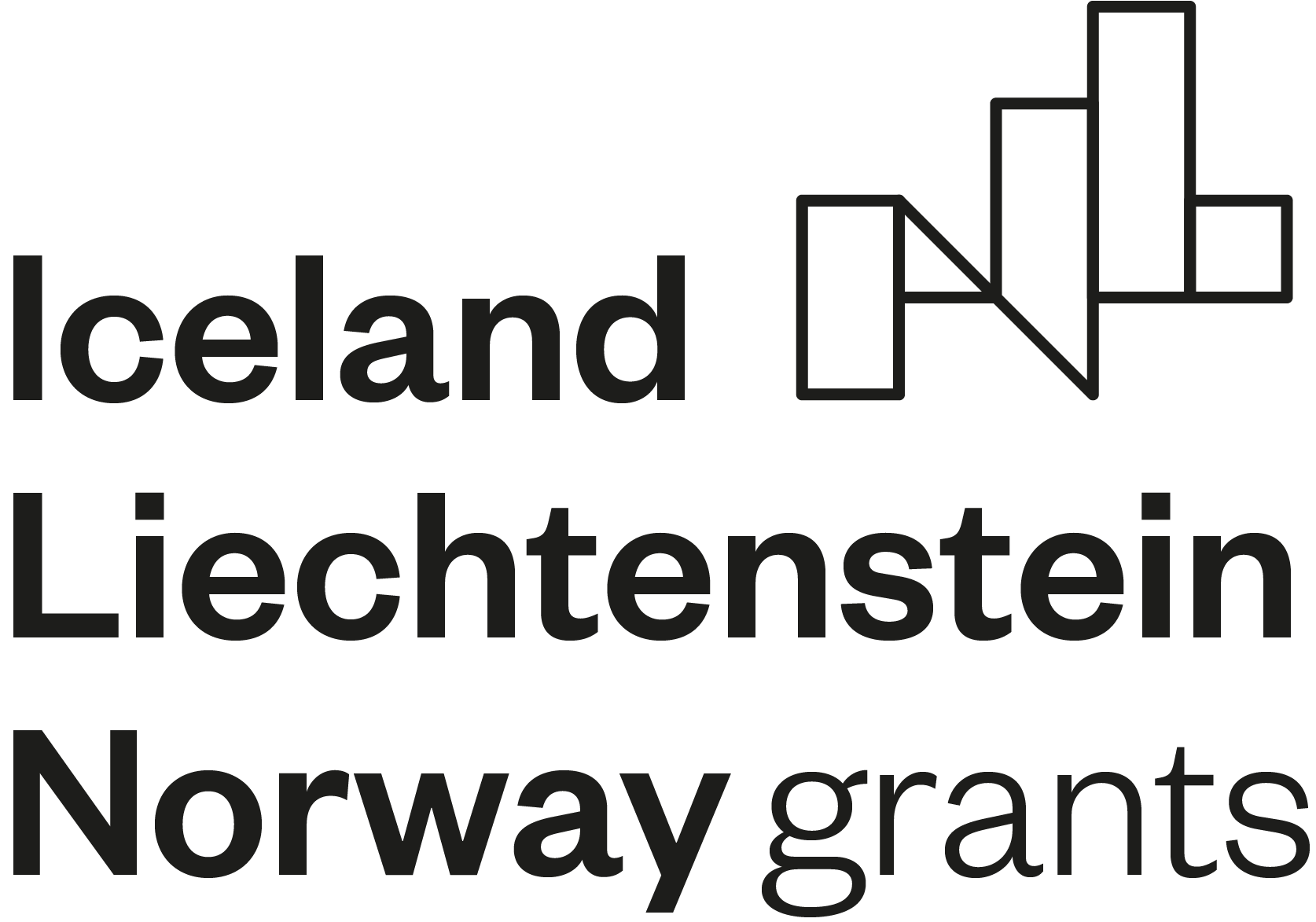Photo: Literary Archive of the National Literature Memorial
Woke Women of the City of Prague
The phrase "the woke (awakened) women of Prague" is used by Eliška Krásnohorská in her memoirs What the Years Brought (published in 1928). She refers to their awareness, progressiveness and desire for equality.
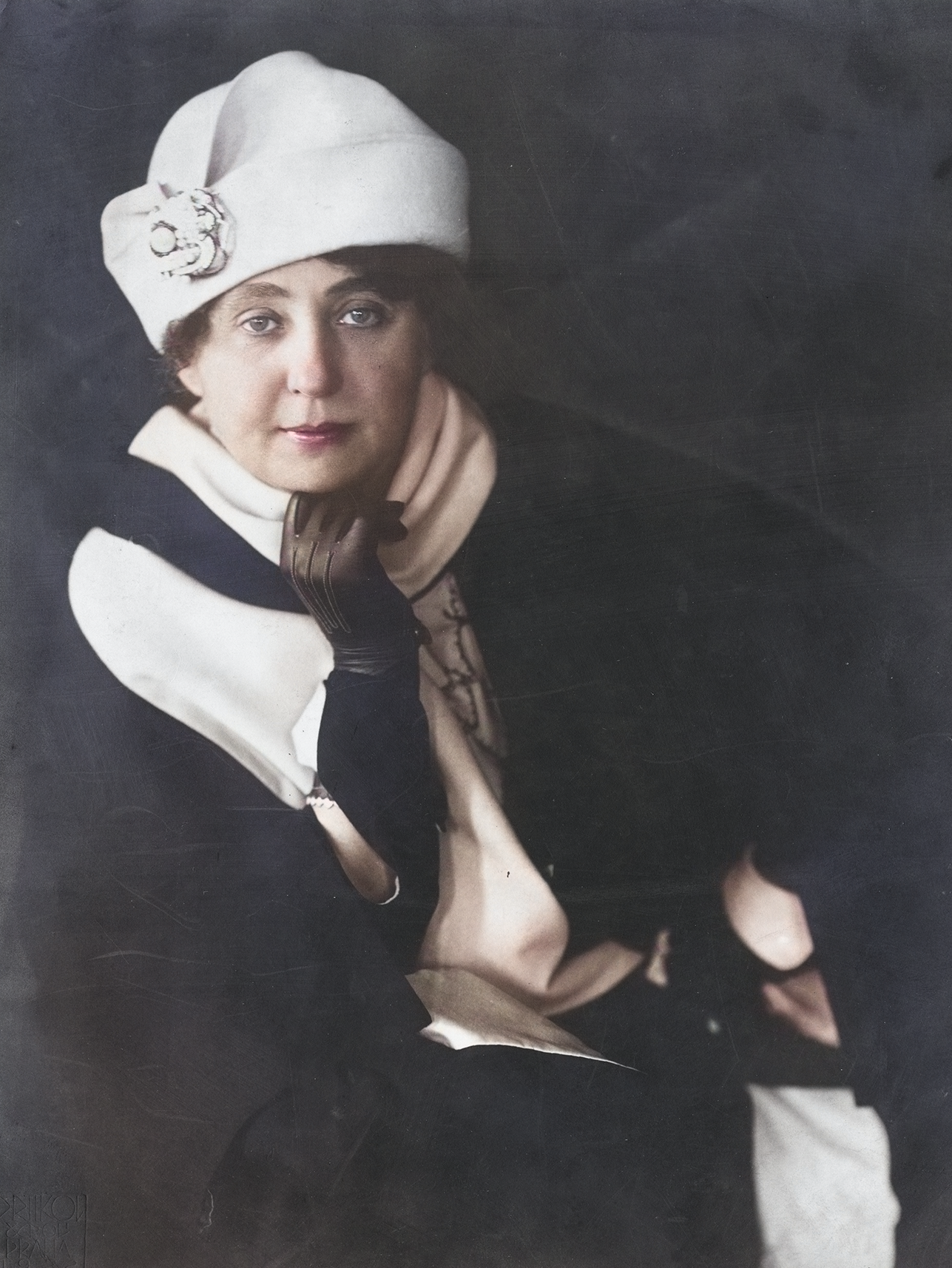
Marie Calma Veselá
opera singer, poet, writer, translator
- She was born in 1881 in Unhošt, Central Bohemian Region into the family of lawyer Matěj Hurych.
- She was an opera singer, devoted to the interpretation of modern music, in many ways ahead of her time and organised, for example, educational concerts for children.
- She married MUDr. František Veselý, the founder of Luhačovice spa. In Luhačovice she became an organiser of cultural events.
- She devoted her literary activity to poetry, e.g. Songs of Modern Markétka (1923), Spring Songs (1929), Behold, human (1934), fairy tales, prose and also translations from French (e.g. works by Antoine de Saint-Exupéry or Simone de Beauvoir) or Polish.
- Marie Calma was friends with a musical composer Leoš Janáček (their correspondence has been preserved), and she was instrumental in the production of the opera Její pastorkyňa at the National Theatre in Prague in 1916. However, she did not get the lead role of Jenůfa she desired in the end.
- She died in 1966 and is buried in Olšany, Prague.
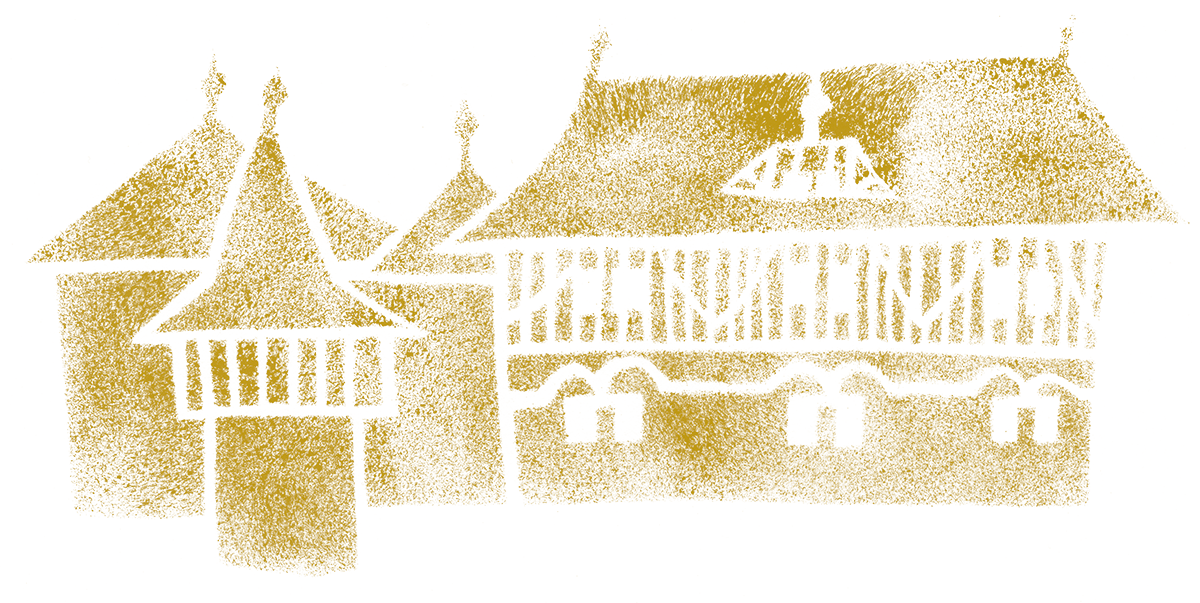
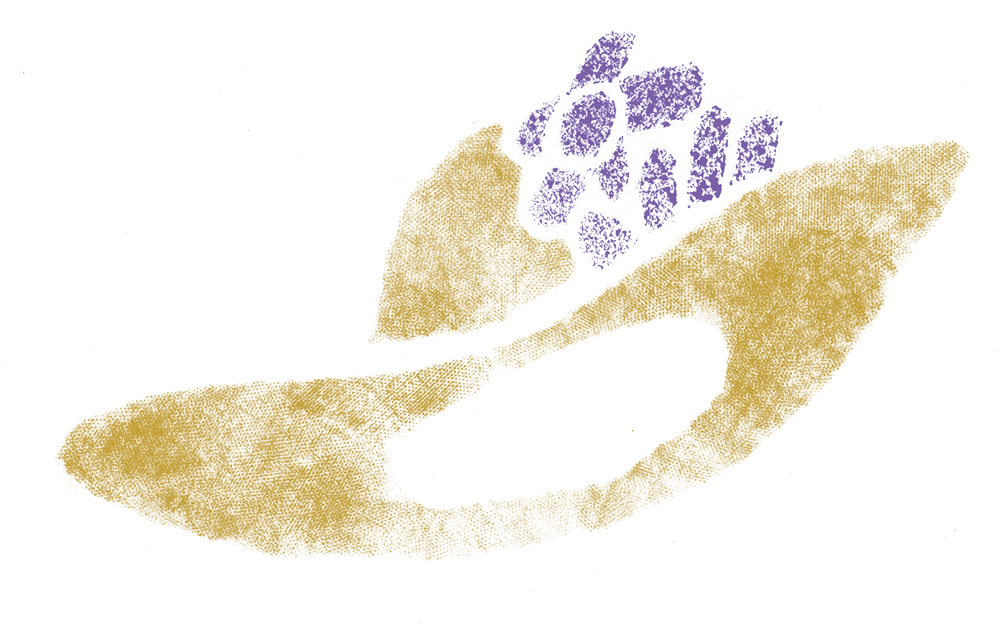
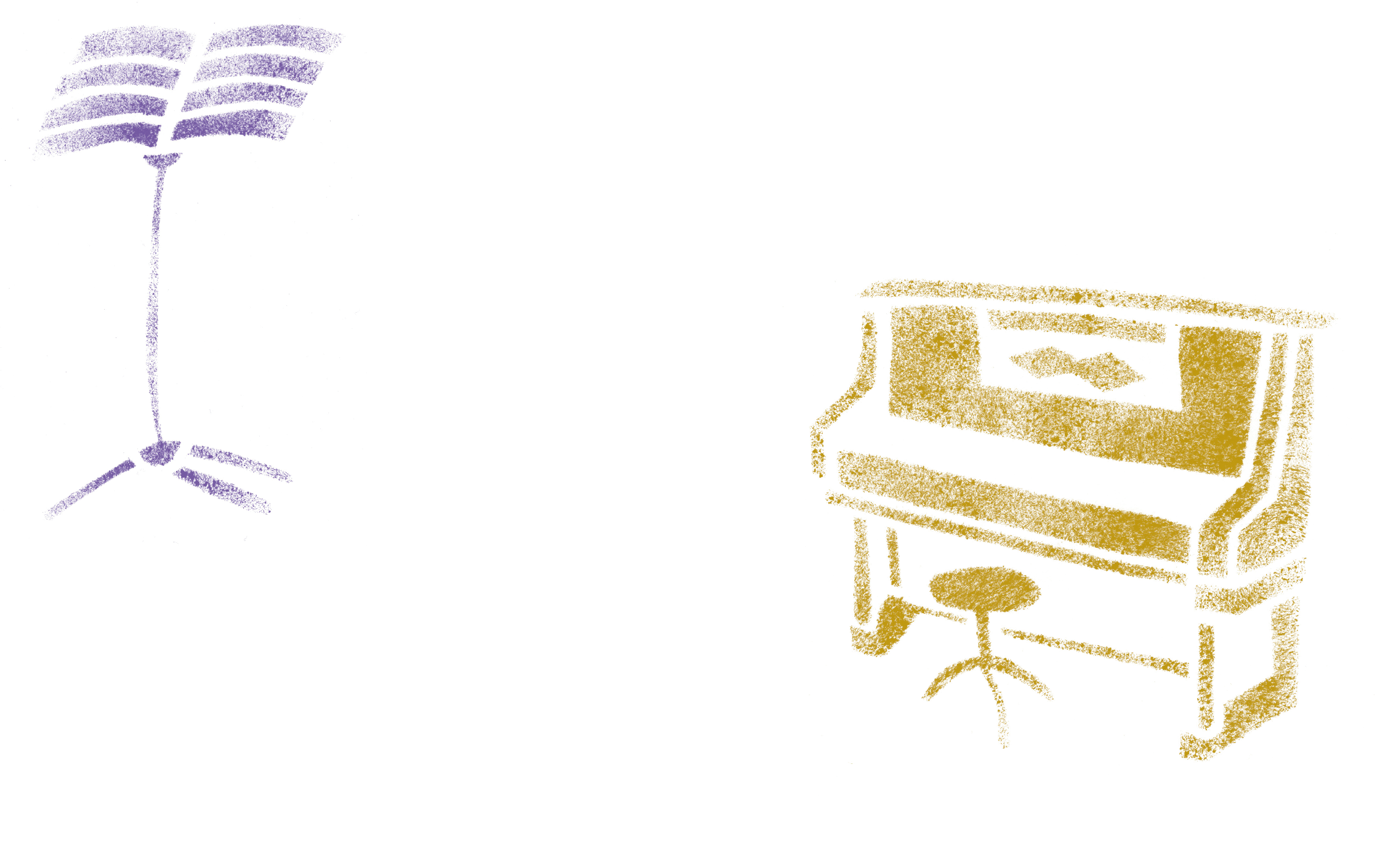
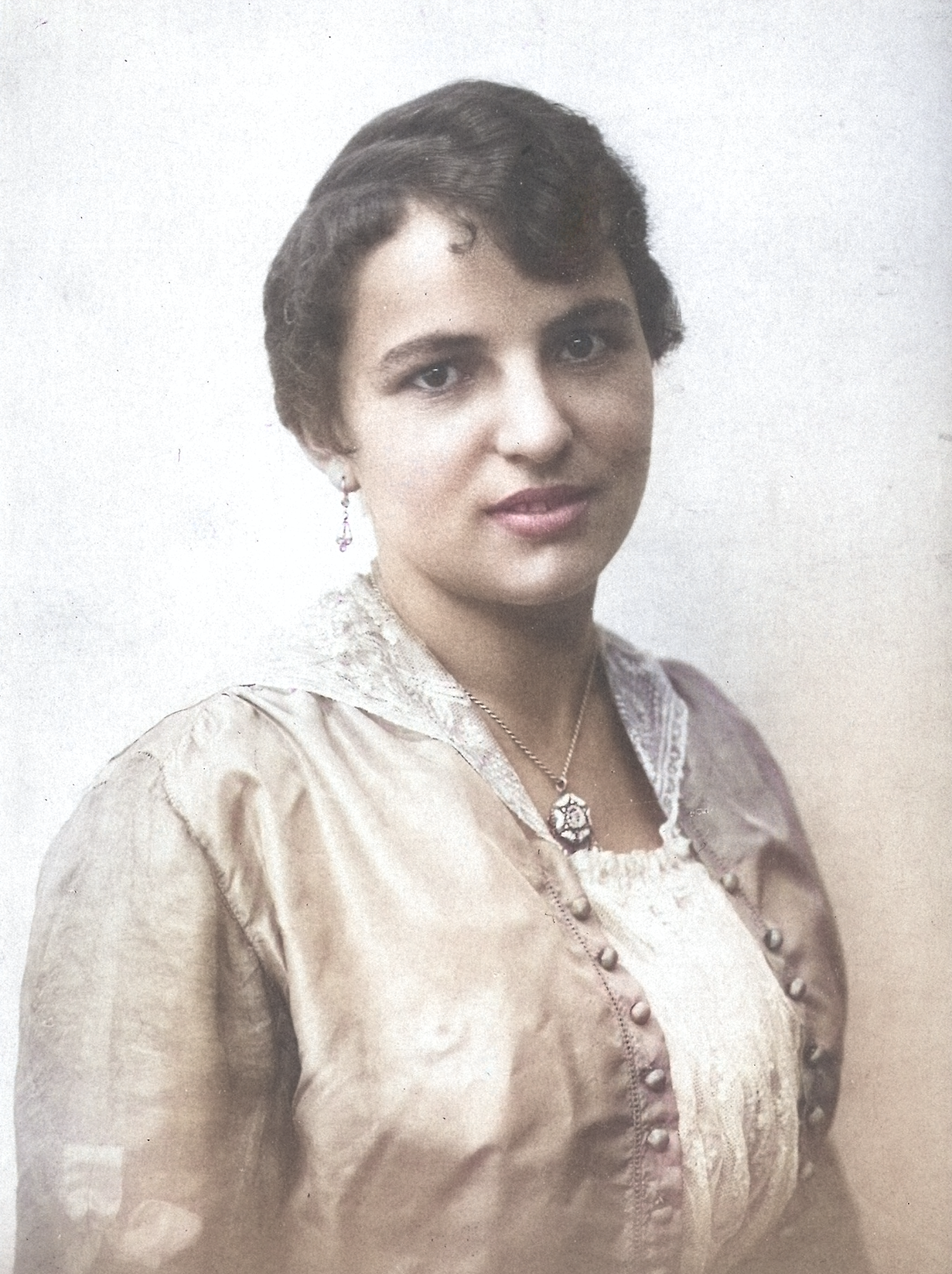
Anna Rypáčková
"phantom of the hospitals", first graduate nurse, personal nurse of president Tomáš Garriggue Masaryk
- She was born in 1895 into a poor family in a small village near Bechyně in South Bohemia. She became orphaned at the age of seven. She later went to live with her older sister in Vienna, where she lived through the First World War.
- In 1918 she returned to Bohemia with the intention of becoming a nurse. In order to support herself and to afford studies at the nursing school, she was babysitting children.
- In 1925 she became the personal nurse of President Tomáš Garriggue Masaryk.
- During the Protectorate, she worked as a nurse, delivered parcels to people imprisoned in the Theresienstadt ghetto, provided financial support to their families and hid people prosecuted by the Nazi Gestapo. In 1942 she was arrested and imprisoned in Theresienstadt ghetto and Ravensbrück concentration camp.
- After the liberation in 1945, she returned to the General Hospital in Prague as the first civilian head nurse (position previously held only by nuns). She organised courses and professional lectures for the hospital staff, helped to educate other women and initiated the opening of new nursing schools. She was also involved in trade union activities.
- She was helping people in need throughout her entire life. She cared for tuberculosis patients and collaborated with the Salvation Army. She was also among the first to administer insulin against diabetes, allowing the diabetes patients to reintegrate fully into society.
- For her work, she was awarded the International Red Cross Florence Nightingale Medal. She died in 1978.
Photo: Eliška Krásnohorská Archive, Gender Studies, o.p.s.
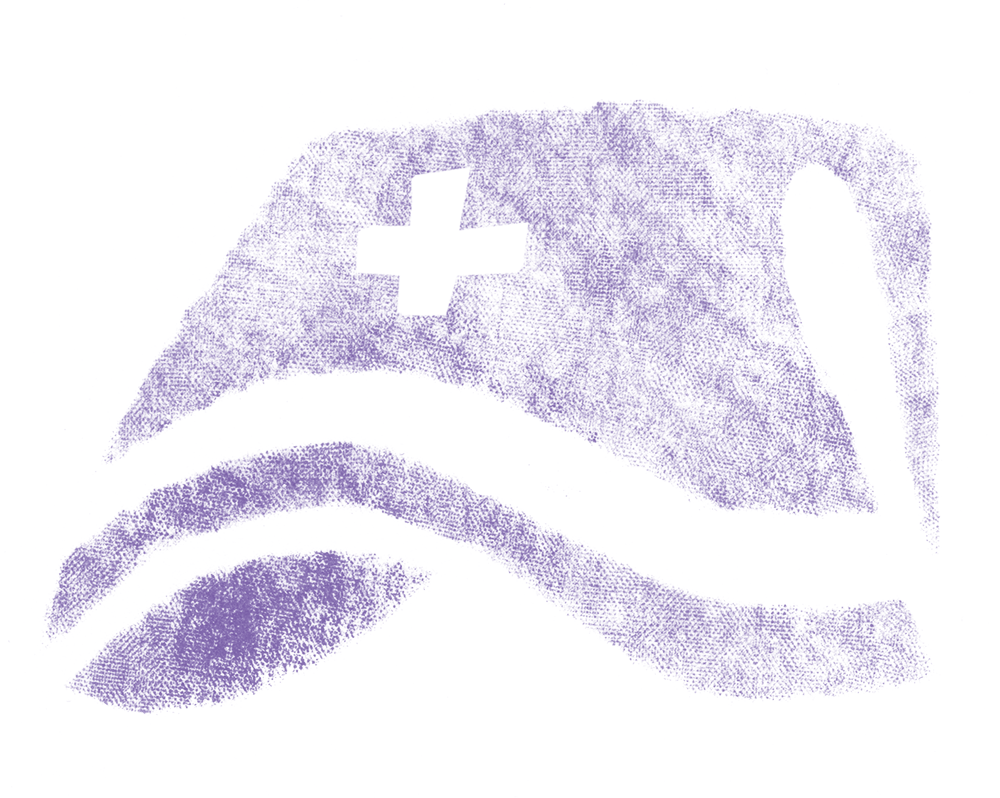
▲
Letter from Anna Rypáčková to president Tomáš Garrigue Masaryk, 1931, Eliška Krásnohorská Archive, Gender Studies, o.p.s.
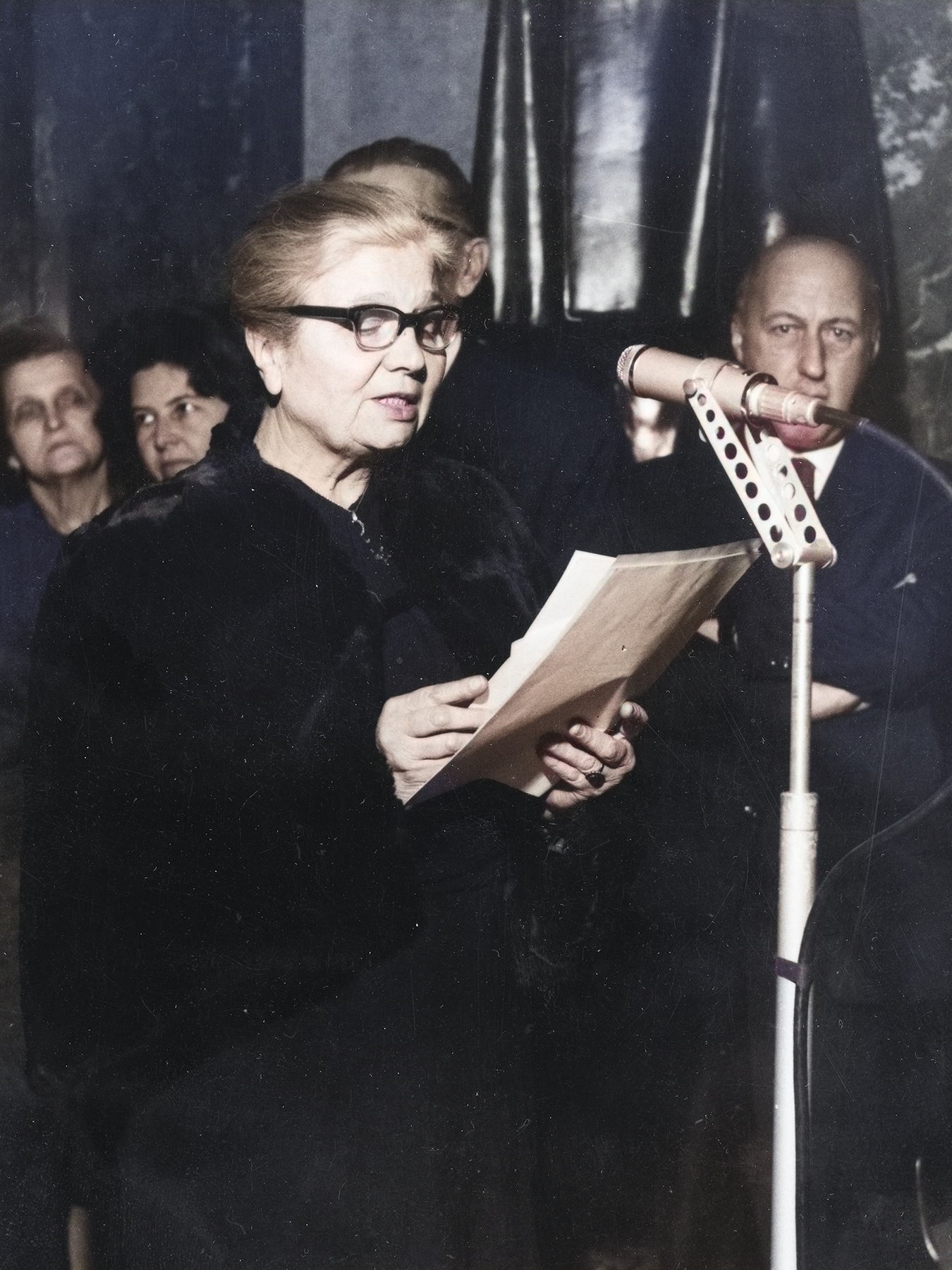
Vlasta Rostočilová
last caregiver of Eliška Krásnohorská, mathematics teacher at Minerva School, last executive director of the Women's Production Association
- She came from Kralovice near Pilsen. She worked as a mathematics professor at the Minerva girls’ grammar school and as a secretary of the Krásnohorská association for many years. She was also the last executive chairwoman of the Women’s Production Association (Ženský výrobní spolek).
- She devoted herself to literary activities. She wrote poems, monographic essays and also gave lectures.
- She had a very close relationship with Eliška Krásnohorská. She was her last caregiver, taking care of her until her death in 1926. Afterwards, she devoted herself to Eliška’s legacy and estate. She herself died in 1974 in Prague.
- Thanks to Vlasta Rostočilová and her relative, archaeology professor Jan Bouzek, the estate of Eliška Krásnohorská, her valuable writings and memorabilia on the Czech women’s movement (including Vlasta Rostočilová’s estate) were donated came to Gender Studies, o.p.s. They became part of the Eliška Krásnohorská Archive in 1997. The archive is currently housed in Prague, in Jiřina Šiklová’s Library.
Photo: Literary Archive of the National Literature Memorial

